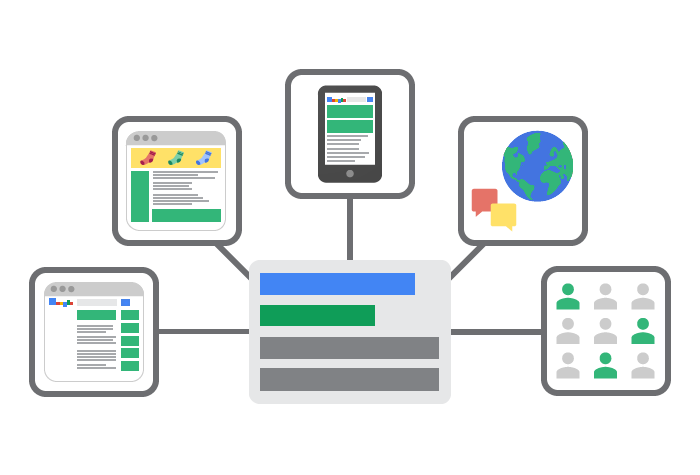Hackers seem to be everywhere these days. In many cases, they are hardcore computer enthusiasts who were originally drawn to their hobby as a technical challenge. After a while, some realize that they can also make money and achieve notoriety through their craft. Unfortunately, many innocent people suffer in the process. Below is information about how they work, how users can avoid them and the penalties faced by those who get caught.
How They Work
These criminals have a wide range of tactics at their disposal. While the most advanced, create their own programs for breaking into others’ systems, novices can download pre-made tools that give them power to log keystrokes, steal passwords and create computer back-doors at will. This way, they can build up lists of credit card numbers that can be sold or used directly to purchase goods on line.
With passwords to email accounts, some hackers engage in blackmail for fun and profit. On occasion, there have been computer savvy individuals who unknowingly shared their knowledge with cyber criminals, and these criminals would then seize information from victims and sell it for profit. Anyone charged with computer crimes in Pennsylvania, should find a Philadelphia criminal defense lawyer who has the experience to disprove false evidence and turn your life around.
With the growing popularity of public and private Wi-Fi networks, many have been expanding their activities to include perusing and seizing web histories, passwords and private files belonging to fellow users of private networks everywhere.
How to Avoid These Criminals
Computer users who surf the Internet through wireless networks are at high risk of being hacked. Unfortunately, very few public Wi-Fi hot spots have measures in place to prevent eavesdropping by others on the network. This means that security is left to individual users, but there are plenty of ways to stay safe. For example, those on public networks at coffee shops, airport waiting areas, fast food restaurants and public libraries should disable file sharing temporarily, install a third-party firewall, utilize file encryption and access the Internet only through a VPN.
While many people recommended hiding the SSID in the past in order to be invisible, but this doesn’t deter those who know what they’re doing. Users should always use unique user-names, and complex passwords which can be managed through password management programs.
Staying up to date on security patches is essential, and all ports should be blocked constantly. Finally, users should take care to avoid questionable websites, such as those identified by Google as carrying malware.
Penalties for Computer Crimes
Federal laws have been created to target the rise in computer hacking. Now, unauthorized access of computers is a misdemeanor, but it becomes a felony when committed for financial gain or criminal reasons or when more than $5,000 worth of information is taken. As a felony, penalties can include fines, five years in prison or a combination.
All trespassing onto government computers is a crime whether information is taken or not. This crime is also a misdemeanor unless the above aggravating factors are involved. Other laws dealing with damage classify crimes that affect more than 10 protected computers, put users at risk of harm, or cause more than $5,000 in financial losses, as felonies.
Computer hacking is a constant threat in the digital age, whether users are on a home network or public Wi-Fi. By taking the right steps toward on line security, computer users have less to worry about. Those who are caught will face stiff fines, time in prison or both depending on the amount of damage they cause.
Featured images:
- License: Creative Commons image source
Paralegal Kelly Kovacic writes this article to bring awareness to the current dangers that you might encounter while using the Internet on both public and private networks. Philadelphia criminal defense lawyer, Steven Kellis has extensive experience defending the rights of individuals accused of computer crimes. An attorney with a successful track record can make a critical difference in the quality of life for anyone charged with computer crimes.




